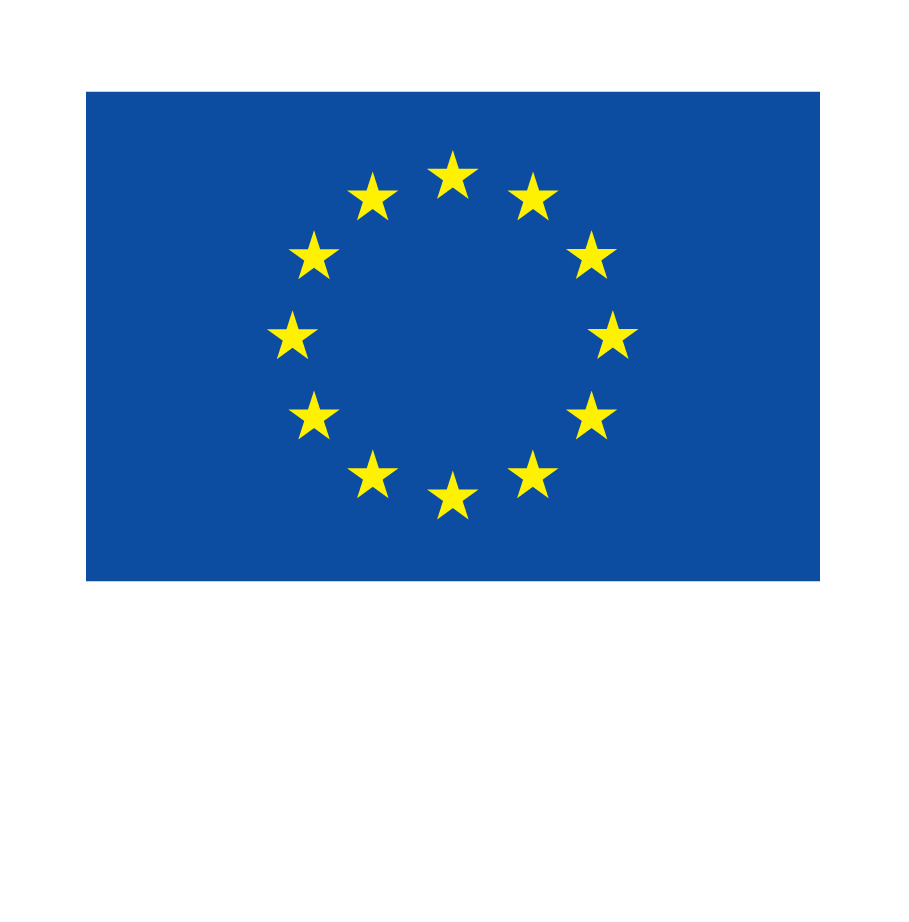This is a private group. To join you must be a registered site member and request group membership.
-
Work Package No WP8
-
Name Security
-
Lead NUPI
-
Participating Institutions NUPI, ULB, TalTech, UM, ECFR, Wits, UO, WUT
-
Activity March ’24 – Feb ’27
Short description
The WP team will map multilateral cooperation mechanisms in global and regional security and assess if and how the EU is able to exert influence on these mechanisms.
Main objectives
-
Map multilateral institutions and arrangements in global migration.
-
Explore which type of governance space is available for the EU in migration governance.
-
Develop evidence-based policy recommendations for extending EU influence across different types and actor constellation of migration governance fora.
Core tasks
TASK
01
-
Taking stock of multilateral cooperation in global migration March ’24 – March ’25
For this task, NUPI, Wits and UM will gather and complement existing data on global and regional multilateral peace operations and ad hoc coalitions in global security and add these to the dataset. NUPI and WIT will take the lead in producing a paper on the key developments in global security, with a particular focus on the roles and multilateral dynamics among greater powers (China, Russia, the US, the EU) within the UN security framework. The paper will be presented at the International Studies Association’s annual conference, and then submitted as an academic article to the European Journal of International Relations.
TASK
02
-
The role and influence of the EU in global, regional and ad hoc coalitions April ’24 – Dec. ’26
The EU has a wide repertoire of tools to engage with global, regional as well as ad hoc security mechanisms. For this ask, NUPI and WIT will map these engagements, ranging from diplomacy, support of the UN, and deployment of EU missions to financial support from the European Peace Facility to regional and sub-regional organizations as well as ad hoc coalitions. Together with the other partners in this task, NUPI and Wits will examine how the EU’s approach to global security and crisis response is evolving, exploring the implementation of the Strategic Compass and the investments made in in the CSDP toolbox, such as in the Military Planning and Conduct Capability, the continued emphasis on partnerships with established institutions such as NATO, UN and AU, and its growing recognition of the value of ad hoc coalitions in addition to CSDP missions and operations. This will result in a data upload to the dataset. We will also draw on European and global surveys to map perceptions of European influence on global security arrangements vis-à-vis key powers such as China, Russia and the US, asking how the EU is able to wield influence in its key neighbourhoods in the East and South. TalTech will contribute on the EU’s use of SWIFT during the Ukraine conflict. The task will result in a working paper presented at the Council for European Studies annual conference, and the final version will be submitted as an academic article to European Security.
TASK
03
-
Global NAVIGATOR in global migration Aug. ’26 - Feb. ‘27
For this task, we will distil data and lessons from the first two tasks into a Global NAVIGATOR policy brief including evidence-based recommendations for how the EU can navigate an increasingly complex global migration regime. The brief will detail policy initiatives the EU and its member states can pursue to maintain and increase their influence and consider whether the EU should take up niche roles or central hub-functions across different forms of global migration cooperation mechanisms.
Delivrables
-
D8.1 month 24 – Feb.’25
Working paper on institutional landscape of global security governance
-
D8.2 month 36 – Feb.’26
Working paper on the role of the EU and European actors in global security
-
D8.3 month 48 – Feb.’27
Global NAVIGATOR policy brief on security

